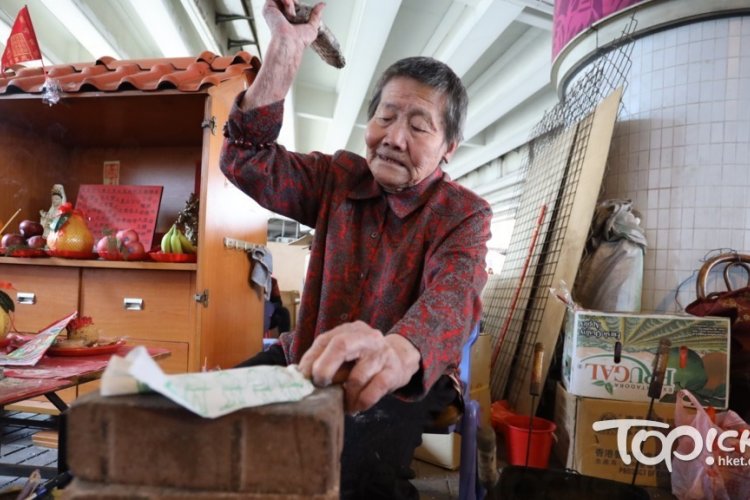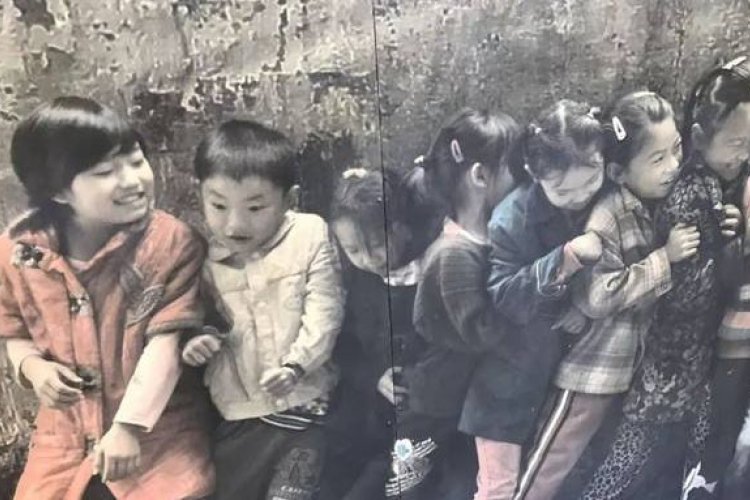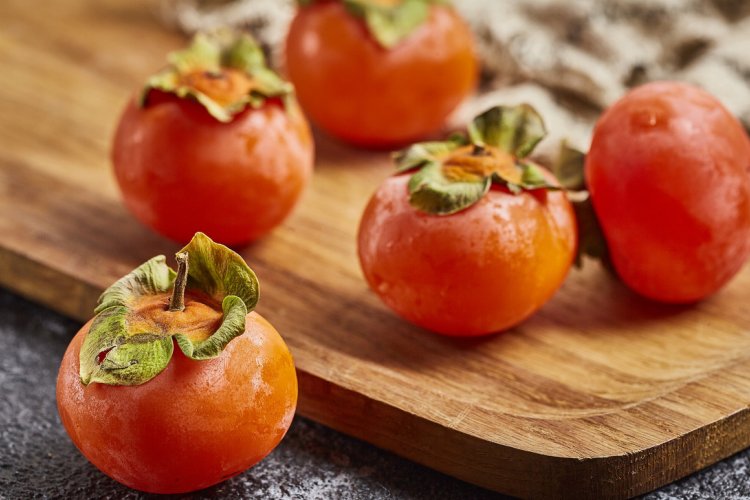Solar Terms 101: Collect White Dew and Stay Hydrated During Autumn Dryness
The traditional Chinese lunar calendar divides the year into 24 节气 jiéqì solar terms based on seasonal changes and natural phenomenon. They play an important role in guiding agricultural activities, even to this day. But even city-dwellers like us can enjoy them. Each solar term has its own associated customs, traditions, and even recipes. In Solar Terms 101, we delve into what makes each one special...
Name of the solar term: 白露 báilù lit. “White Dew"
Gregorian date: Sep 7 or 8 (Sep 7, 2021)
What is bailu all about?
When the Big Dipper ticks clockwise and the solar longitude reaches 165 degrees, the 15th solar term of the year and the third one for autumn, bailu, has officially arrived. Simply put, 孟秋 mèngqiū the first month of autumn is coming to an end and the second 仲秋 zhòngqiū is about to begin.
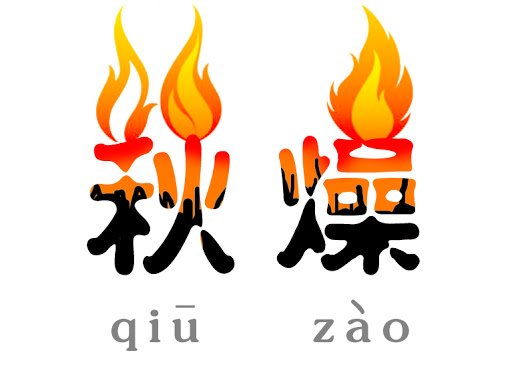
And what exactly does that mean to you? Well, the good news is we've reached a turning point after months of oppressive heat and humidity, as winds blow from the northwest inlands. The bad news, however, is that that same wind also blows away the moisture, leading to the infamous 秋燥 qiū zào “Autumn Dryness.” Likewise, the diurnal temperature variation tends to be at its most extreme around this time, so while you may still crave ice cream or a refreshing beverage in the afternoon, you'll similarly have to layer up before venturing out into the night.
This solar term's namesake, bailu, actually comes from a phenomenon witnessed during this season, when dew gathers on leaves in the morning. According to the Chinese philosophy, Five Elements Theory, autumn's element is metal and its color is white. Therefore, the dew formed in this season is bestowed with the same color.
The micro seasons of bailu
By the time bailu arrives, the harvest season's busiest period has concluded in most parts of China and farmers finally have a chance to lay back and gaze dreamily into the clouds. As such, all three of bailu's micro seasons relate to the behavior of birds, as opposed to say, wheat bulges.

The first two micro seasons 鸿雁来 hóngyàn lái the wild goose comes and 玄鸟归 xuán niǎo guī the return of the black bird (sparrow) express the same idea: the wild goose and sparrow, two of China's most iconic migratory birds, will fly south for the winter. Traditionally, the wild goose is something of a mascot for the north while southerners tend to regard the sparrow as their local fowl.
The last micro season 群鸟养羞 qún niǎo yǎng xiū talks about those birds who don’t migrate, but rather stock up on nourishment such as wheat and nuts for the harsh winter.
Worship the hero who stopped the flood
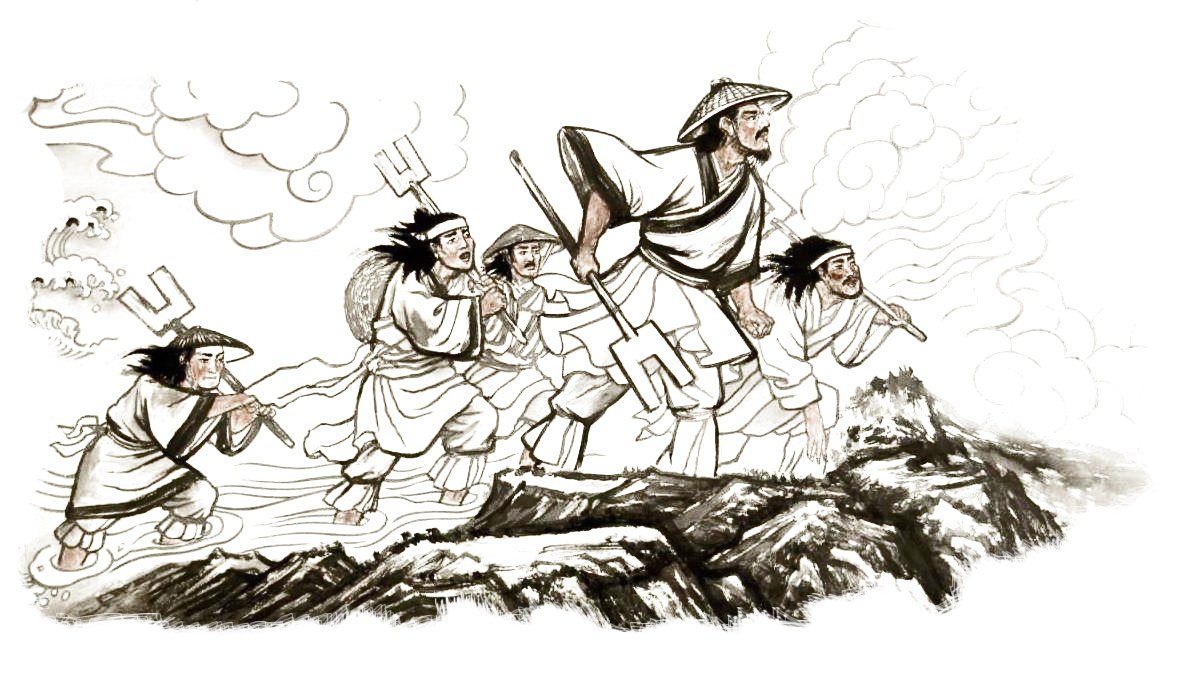
The flood is an integral part of genesis myths worldwide, and China is no different. As it happens, 禹 yǔ Yu, a descendant of Huangdi – the Yellow Emperor – and the first mortal leader in Chinese history, took on the noble task of keeping the floodwaters at bay. After 13 years, he finally managed to end the flood once and for all by diverting the deluge into the ocean instead of blocking it up. Since then, people honor this hero with several ceremonies throughout the year, however, it is the one during bailu that is the biggest of them all.
Besides paying tribute to the hero, ancient Chinese also busied themselves during bailu with collecting dew drops hanging off the tips of leaves. According to 本草纲目 běncǎo gāngmù Compendium of Materia Medica, a book on Chinese herbology written by Li Shizhen during the Ming Dynasty, the dew collected during this solar term is not only a panacea for whatever ails you, but will also leave your skin looking radiant.
What to eat for bailu
Due to the irritating “Autumn Dryness” that sets in around this time, folks with sensitive skin may experience various symptoms, such as a scratchy throat, nose bleeding, or dry and cracked skin. Thus, dietary choices should be mild, nutritious, and calming, such as pear or soothing autumn tea. Traditional Chinese Medicine scholars believe that autumn is a crucial season for the health of one’s lungs and respiratory system. Therefore, remember to stay hydrated even if the temperature has already dropped.
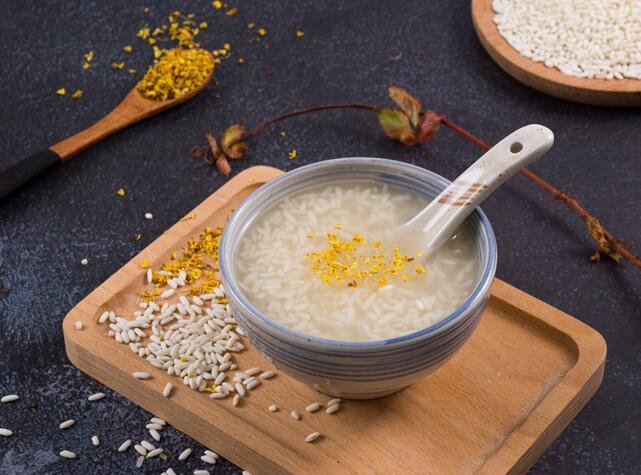
In Hunan Province, many farmers will welcome their guests with homebrewed crop wines made from sticky rice, sorghum, and various grains. It tastes slightly sweet and is best served warm. Conversely, in Zhejiang Province, people use the opportunity to collect various herbs (about ten) with "white" in their names, which they make into a black-bone chicken or duck stew which reportedly staves off arthritis.
Read: What Does it All Mean? Dream Interpretation in China
Images: Coa, Xinhua, 9596, Ntdtv, 089t



